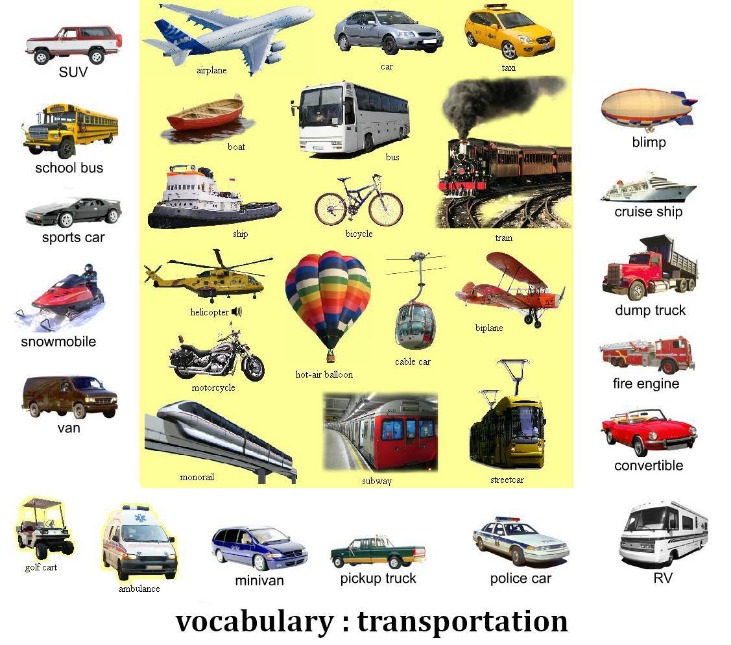Read more about Quality Improvement here.
Public transportation plays a crucial role in many cities around the world, providing a convenient and environmentally-friendly way for people to get around. However, the reliability and efficiency of transit systems can vary greatly, which is why **transit quality assurance** is so important.
What is Transit Quality Assurance?
**Transit quality assurance** involves monitoring and evaluating the performance of a transit system to ensure that it meets certain standards of safety, reliability, and efficiency. This can include regular inspections of vehicles and infrastructure, as well as collecting and analyzing data on things like on-time performance, rider satisfaction, and maintenance records.
Why is Transit Quality Assurance Important?
Having a high level of **transit quality assurance** is critical for several reasons. First and foremost, it helps to ensure the safety of passengers and employees. By regularly inspecting vehicles and infrastructure, transit agencies can identify and address potential issues before they become serious safety hazards.
Additionally, **transit quality assurance** is important for maintaining the reliability and efficiency of a transit system. By tracking key performance metrics and making data-driven decisions, transit agencies can optimize routes, schedules, and maintenance practices to provide a better experience for riders.
How Can Transit Quality Assurance be Improved?
There are several strategies that transit agencies can use to enhance their **transit quality assurance** efforts. Implementing predictive maintenance programs, using advanced data analytics tools, and investing in modern technologies like GPS tracking can all help to identify issues early and improve overall performance.
Another key factor in **transit quality assurance** is fostering a culture of continuous improvement within the organization. By encouraging employees to take ownership of the quality of service they provide and empowering them to suggest and implement changes, transit agencies can create a culture of excellence that benefits both employees and riders.
In conclusion, **transit quality assurance** is essential for ensuring the safety, reliability, and efficiency of public transportation systems. By investing in monitoring, evaluation, and improvement efforts, transit agencies can provide a better experience for riders and help to build a sustainable and successful transit system for the future.



